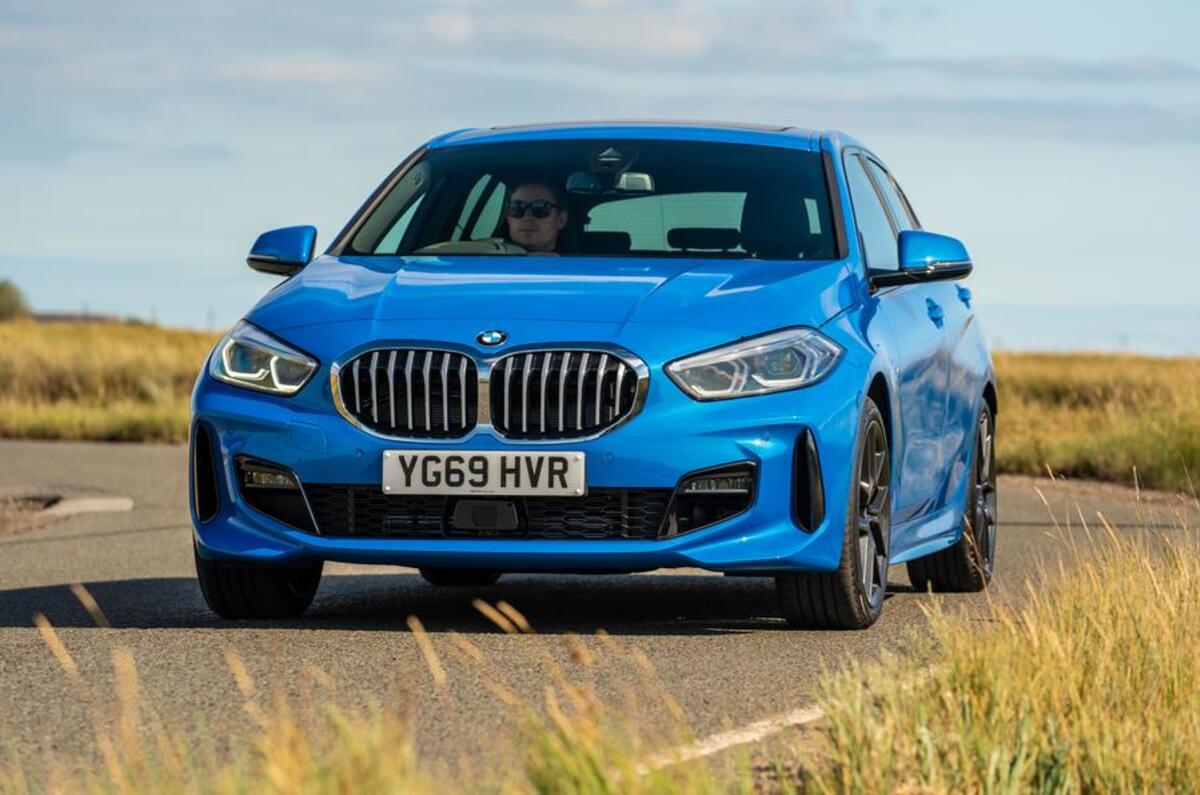The next generation of small, front-wheel-drive BMW models is currently "under review", according to a source at the company.
Following the recent launch of the BMW 2 Series Active Tourer, and next year’s launch of a new range of Mini models, the natively front-driven UKL architecture that underpins them will be 12 years old in 2027 and due for replacement.




Join the debate
Add your comment
That's OK, BMW, we have the e-208, Corsa-e, Smart and so on. Maybe you can take a look and learn a thing or two.
Doesn't seem quite right does it?
You'd have thought small cars would be more environmentally friendly needing less raw materials for manufacture, being lighter and decently fuel efficient with their small petrol engines. And then generally not covering that many miles each annually.
Perversely, those cars that best fit the current emissions criteria (excepting EVs) are X5 sized cars because they've got sufficient room to package a battery big enough for >50 miles electric range.
Doesn't seem quite right, does it?
By your logic mopeds should be the most environmental vehicles to get around in. They are not because they do not accomodate for exhaust aftertreatment. The same applies for small cars.Go electric or go extinct, the Chinese will eat everyones lunch.
You seem to only be considering tailpipe emissions; harf is also considering the damage to the environment due to the mining and use of all the materials that make up a vehicle (which do pose substantial damage, and is the reason why BEVs actually need to cover significant distances before they can even break even with ICEVs in the case of several pollutants). So yes, the smaller the vehicle, the less resources are consumed, which will be better for the environment...but it is also true that there might not be much room for advanced filtration systems.
But smaller vehicles also reduce the length of traffic jams, and are easier to manoeuvre and park...and they are likely to cover relatively smaller distances, and as such their environmental impact is quite low. So the fact that smaller vehicles are becoming less and less common due to environmental legislation is ironic and madness imo.